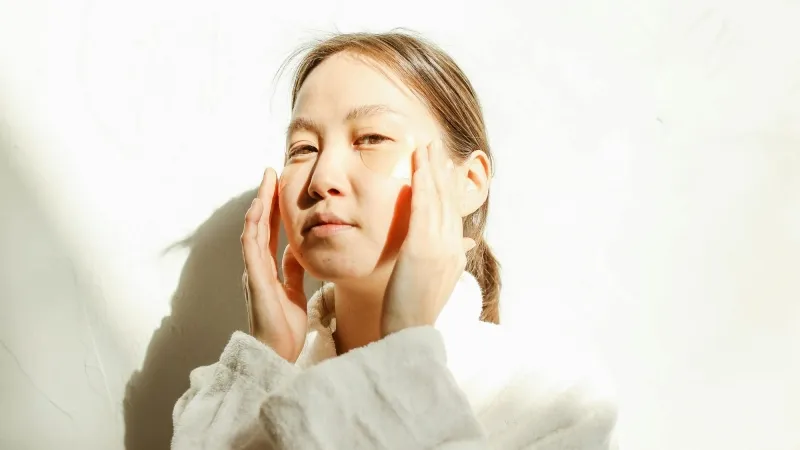
Multifunctional cosmetics demand boosts sunscreen use in APAC
It is driven by younger generations, who are more attuned to the risks of sun exposure
The suncare market in the Asia-Pacific (APAC) region is anticipated to grow at a 4-5% compound annual growth rate (CAGR) from 2023 to 2028.
According to GlobalData, this shift is driven by younger generations who are more aware of the risks of sun exposure, fueled by awareness campaigns and social media.
Mani Bhushan Shukla, consumer analyst at GlobalData, said that sun exposure’s health risks and its role in aging are key drivers of suncare demand. “Sun protection has become a cosmetic essential, forming a key part of daily beauty routines," he said.
He also noted that 65% of millennials in Asia and Australasia consider social media recommendations vital when purchasing cosmetics.
Consumers are also increasingly seeking multifunctional products that combine sun protection with other cosmetic benefits.
Deepak Nautiyal, GlobalData’s Consumer and Retail Commercial Director, Asia-Pacific and Middle East, explained that brands are responding by offering products like makeup with built-in sun protection.
For example, Mebius Pharmaceutical launched the Simius UV Essence EX in Japan, offering sunscreen, serum, and makeup base in one, while Unilever introduced the Vaseline Healthy Bright Daily Sun Refreshing Serum in Malaysia, providing SPF 50 protection alongside skincare ingredients.
Additionally, celebrity endorsements continue to drive consumer behavior in the APAC region. About 51% of consumers in Asia and Australasia consider celebrity endorsements an important factor in beauty product purchases, the report said.
There is also a growing preference for products designed for sensitive skin and those offering high-quality ingredients.
GlobalData's survey found that 57% of consumers in Asia and Australasia associate multi-functional products or high-quality ingredients with good value for money.
Moreover, consumers are also looking for personalized skincare solutions. "Brands that can successfully meet this demand for personalisation and provide innovative SPF solutions are likely to capture a larger market share.”

















 Advertise
Advertise






